Steering Export Control in the Automotive Industry with Microsoft Dynamics 365 Supply Chain Management
Posted on: September 5, 2023 | By: Fred Liu | Microsoft Dynamics AX/365, Microsoft Dynamics Manufacturing
The automotive industry represents a vast, intricate global web, with every vehicle and component having a unique origin. Yet, as these parts traverse continents, they also cross numerous regulatory lines. The challenge? Adhering to an array of export control regulations designed to safeguard sensitive technologies and materials.
These regulations are not static; they evolve, demanding constant vigilance. In such a scenario, Microsoft Dynamics 365 Supply Chain Management emerges as the automotive industry’s compass, ensuring compliance is not just an afterthought but an integrated process.
How Dynamics 365 Supply Chain Management Enhances Export Control:
- Precision in Classification: The system assists in categorizing products and transactions in alignment with relevant export control regulations. Such meticulous classification is pivotal to pinpointing and overseeing export control risks.
- Robust Screening Mechanism: It empowers businesses to rigorously screen their customer and supplier bases against restricted party lists, ensuring no transaction ever breaches sanctions.
- License Management: The tool aids in tracking export licenses meticulously, from keeping an eye on expiration dates to ensuring timely renewals.
- Efficient Documentation: Dynamics 365 streamlines the creation of legally mandated export documents, spanning from shipping labels to export declarations.

More Than Just Compliance:
Beyond its export control prowess, Dynamics 365 Supply Chain Management offers:
- Unparalleled Supply Chain Insight: A unified, transparent view of the entire supply chain, allowing businesses to proactively identify and mitigate export control risks.
- Real-time Intelligence: Harnessing AI, it furnishes real-time supply chain insights, enabling swift response to potential export control challenges.
- Global Compliance Backbone: A dedicated team of global experts stands ready to guide businesses through the maze of worldwide export control regulations.
By leveraging Dynamics 365 Supply Chain Management, automotive enterprises not only minimize non-compliance risks but also shield their reputation from potential harm and evade hefty penalties.
In Practice: Real-world Dynamics 365 Implementations:
- A leading global automotive manufacturer harnesses Dynamics 365 to classify products per export control standards, refining its risk management approach.
- A premier automotive supplier leverages the system to filter its clientele and suppliers, ensuring no transaction ever crosses sanctioned boundaries.
- An automotive conglomerate relies on Dynamics 365 for vigilant export license management, from monitoring validity periods to confirming renewals.
- A niche automotive parts producer taps into the tool for generating requisite export documents, ensuring every shipment aligns with legal mandates
Next Steps:
If you want to learn more about steering export control in the automotive industry in Microsoft Dynamics 365 Supply Chain Management, contact us here to learn how we can help you grow your business. You can also email us at info@loganconsulting.com or call (312) 345-8817.
